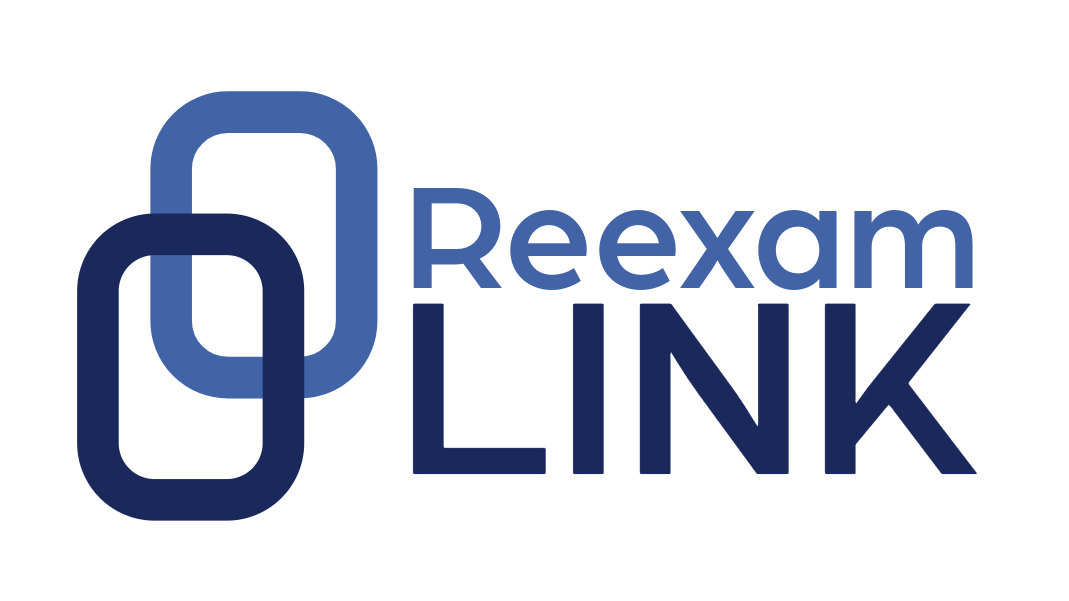Tag: Tim Bianchi
-
Microsoft v. i4i – Part III: Changing the Presumption of Validity: Impact on Reexamination Practice
Posted March 14, 2011 The prior post discussed only some of the many options the Supreme Court has in the Microsoft v. i4i case (i4i). In summary, the presumption of validity of a patent as we currently know it may be changed and the standard of proof required for an accused infringer to prove invalidity…
-
Microsoft v. i4i – Part II: The Supreme Court’s Many Options
Posted March 6, 2011 The previous post included a summary of the facts from the Microsoft petition for certiorari. The Supreme Court has several options when deciding the outcome of this case. It can maintain the Federal Circuit’s existing presumption of validity. On the other hand, it can relieve an accused infringer from having to…
-
Microsoft v. i4i and the Presumption of Validity – Part 1
Posted March 5, 2011 In Microsoft v. i4i, which has been granted certiorari by the Supreme Court, Microsoft’s position is that the presumption of validity should not be enjoyed by a patent owner for prior art not considered by an Examiner in ex parte prosecution of a patent application. The upshot of its position is…
-
“Past Damages” and Reexamination for Mature Patents
An earlier post discussed the impact of amendments in reexamination, but there are some dynamics we should explore for “mature” patents. A mature patent is an old patent that is close to expiration. (For example, a patent that has less than 5 years of patent term before expiration.) When a patent is asserted late in…
-
Ex parte Yasukochi BPAI Decision on Appeal 2/22/2011
On June 25, 2010, the Patent Office clarified its procedure for seeking review of a finding of a substantial new question of patentability in ex parte reexamination proceedings. See Federal Register Notice v75 pp. 36357-8 (6-25-10) at this link: (Fed Reg v 75 pp36357-8 (6-25-10) – re Ex Parte Reexam Proc). In short the Notice provides that: 1) …
-
In re Tanaka
Suppose you issued a patent with several claims, including dependent claims. Now, suppose you wished you had claimed and issued a certain dependent claim, but did not have it in the originally issued patent. That new dependent claim is narrower than your independent claim that issued, so this is not a case of a broadening reissue. Now…
-
The Effect of Amendment in Reexam on Past Damages
Generally speaking, patent claims that are confirmed in reexamination without substantive changes retain all of the damages they would have obtained as if there was no reexam. [Note that there are always exceptional situations. For example, there are patent cases where a claim was not amended, but its scope was deemed to have been altered by cancellation…
-
Patent Prosecution in View of Reexamination
In my last post I introduced reexamination briefly. Once you understand that patent claims can be cancelled in a reexamination, it begs the question of how patent applications and claims can be drafted to survive reexamination. I have both good news and bad news. THE BAD NEWS The bad news is that it is impossible to know all of the prior art…
-
Introduction: Why all of the interest in reexamination?
How many times have you heard: “They got a patent on that! There’s nothing new about that. It’s been out there for years!”? For those versed in patent matters, that is not a surprising reaction to certain issued patents. The patent issuance procedure in the U.S. relies on examination of a patent application. The sources and tools for examination are increasing…
-
What is www.ReexamLink.com?
Welcome to www.ReexamLink.com. It is a blog about patent reexamination, reissue, opposition and related patent procedures. ReexamLink.com will include the interplay between ex parte prosecution, reexamination, litigation, and appeals. It is intended to provide useful content for litigators, prosecutors, and anyone interested in patent law. Please send any comments, corrections, or suggestions to make the blog better. Tim Bianchi
